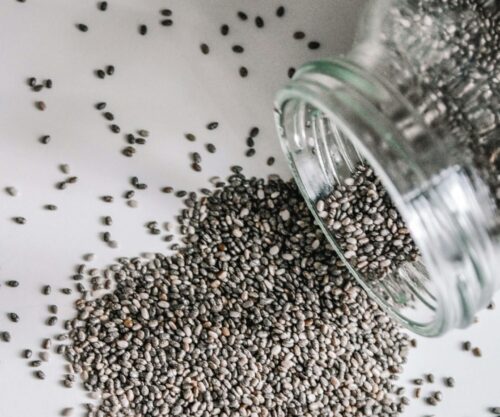
With the colder winter weather comes coughs, colds and the flu season, and, for some of us, winter weight gain. It’s an important time to make sure you stay on top of your diet and keep yourself well-nourished. A balanced meal plan can help you maintain a healthy lifestyle by providing your body with essential nutrients.
Although maintaining a nutritious diet won’t stop you from contracting winter diseases, it can help keep your immune system strong so you can be better protected. A healthy diet might also hasten your recovery if you get sick.
Winter can make it seem more difficult to maintain heart-healthy lifestyle choices, including eating lots of fruit and vegetables. At this time of year, the variety of seasonal fruit and vegetables is reduced, and the weather may make going outside less enticing. Even if there may not be much daylight, there are still things you can do to take care of your diet and heart health.
Registered Dietician Kim Hofmann suggests that ‘junk’ food or ‘luxuries’ should not be avoided entirely but eaten less, especially during winter.
Dietary fats can help your body absorb and utilise certain nutrients better. For example, fat-soluble vitamins A, D, E and K are dependent upon fats to function effectively in your body. Other nutrients such as iron are more available to the body when derived from animal sources of protein such as meats compared to plant products.
Kim suggests the following:
Balanced meals (containing carbohydrates, proteins, fats and veg) are a good way to look at intake. Foods to include regularly in the diet include:
- Carbohydrates – low fat or fat free milk and yoghurt (plain is best), fruit, legumes, starchy veg, whole grain starches, and whole-grain and low GI breads, crackers and cereals.
- Proteins – fish and seafood, chicken (no skin), limited red meat (fat cut off), eggs, softer cheeses, soya, tofu, legumes.
- Fats – nuts (any), peanut butter and other nut butters, seeds, avocado, olives, hummus, pesto, oils (raw i.e. not heated).
- Vegetables – broccoli, cauliflower, spinach, cabbage, mushrooms, peppers, tomatoes, cucumbers and many, many more.
Also see: 6 Foods you should eat during winter




